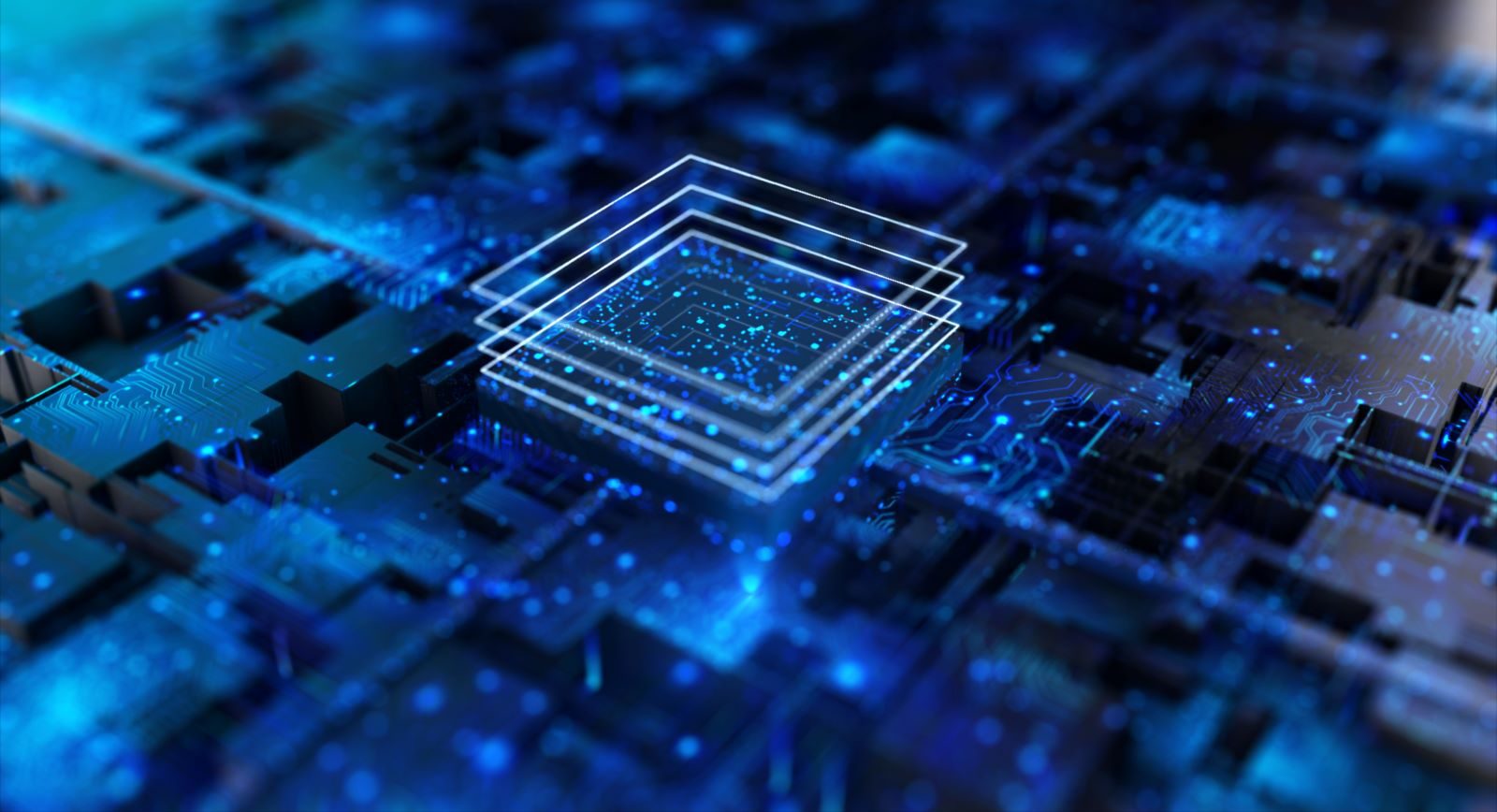<< Back
Artificial Intelligence: A Game Changer in the Fight Against Cancer

January 17, 2023
Artificial intelligence (AI) parks our cars, knows what movies we like and creates grocery lists for us. But could artificial intelligence actually help diagnose and treat cancer?
The Hartford HealthCare Cancer Institute and The Jackson Laboratory are trying to answer that question.
A team of doctors and scientists are researching the use of Google algorithms and image recognition technology – the same artificial intelligence found in our cell phones – to analyze tumors faster, diagnose cancer types easier and predict how tumors will behave when inside the human body.
One way to understand the technology is to compare it to your cell phone. When you use a cell phone to take pictures, facial recognition technology picks out human faces from other images (like cats, trees, rocks, etc…). Then it determines if the face is someone we know and if it is, the phone organizes the images in a logical way – without any human involvement.
The research team
Jill Rubinstein, MD, a Hartford HealthCare Cancer Institute surgical oncologist and Jackson Laboratory for Genomic Medicine Computational Oncologist, and Todd Sheridan, MD, a pathologist who – like Rubinstein – has joint appointments at Hartford HealthCare and The Jackson Laboratory, say early results show promise and artificial intelligence could be used as a clinical tool to fight against cancer in the near future.
“We want this to translate into real clinical benefit,” Rubinstein says. “If our algorithms continue to behave like we hope they will, this technology could improve the way we analyze tumors, save time and money, and make individualized cancer care more accessible to more people.”
To meet these lofty goals, the team is conducting its research in collaboration with Jeffrey Chuang, PhD at the Jackson Laboratory Center for Genomic Research in Farmington.
It’s the perfect partnership. Jackson Laboratory has the facility and research capabilities; the Cancer Institute has thousands of images of tumors taken from patients whose clinical outcomes are known.
The images, which represent large amounts of data, are being fed into Google algorithms, which Rubinstein describes as a form of “deep learning.”
She hopes that eventually the algorithms will become just as proficient with tumors as they are with human faces, giving them the capability to predict specific genetic mutations, make predictions about tumor behavior and help devise treatment plans based on how similar tumors have behaved in the past.
“Early efforts have already shown significant promise,” Rubinstein writes in a recent column on the Hartford HealthCare website. “As the sophistication of the analysis expands, it will have significant impact on patient care in terms of improving the accuracy of diagnoses, and predicting the success of specific treatments.”
> Read Dr. Rubinstein’s column here
The future of cancer care starts here
So what’s next? Once an AI-based algorithm is built, it needs clinical studies to validate accuracy.
“We really aren’t that far off,” says Peter Yu, MD, physician-in-chief of the Cancer Institute. “By bringing together these two powerhouses (Hartford HealthCare and Jackson Laboratory) – their expertise, their technology, their capabilities – we could change the face of precision medicine by making it faster, more accurate, less expensive and more accessible to more people. That’s the future of medicine – and it all starts here.”